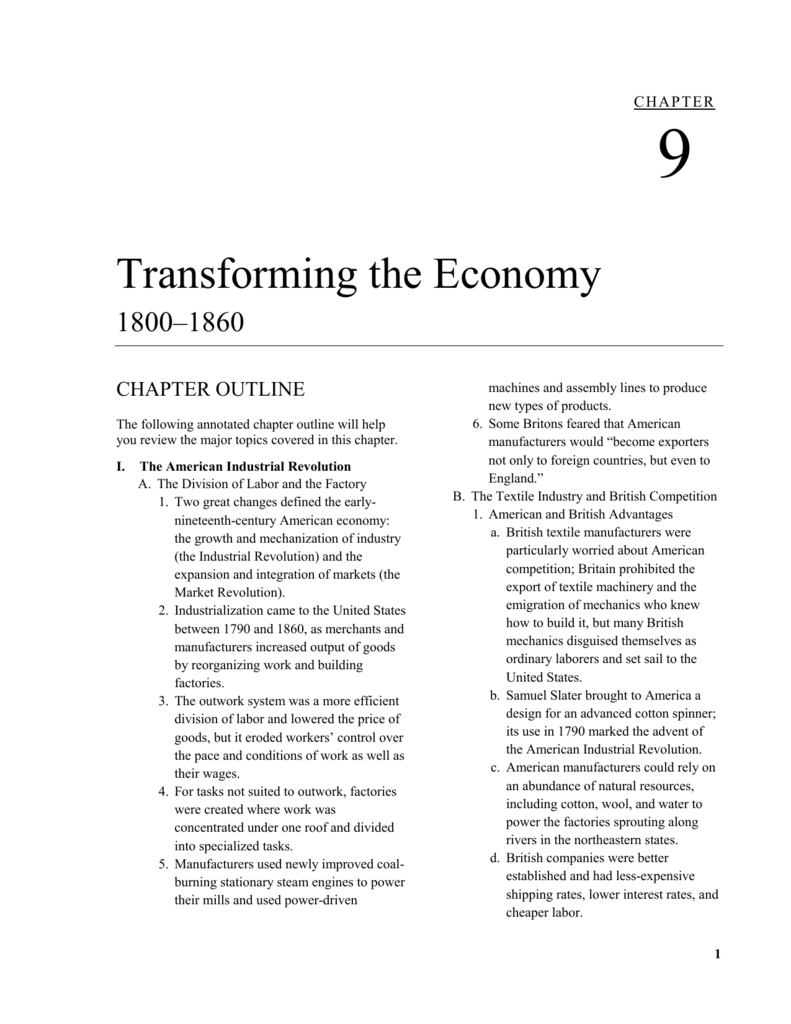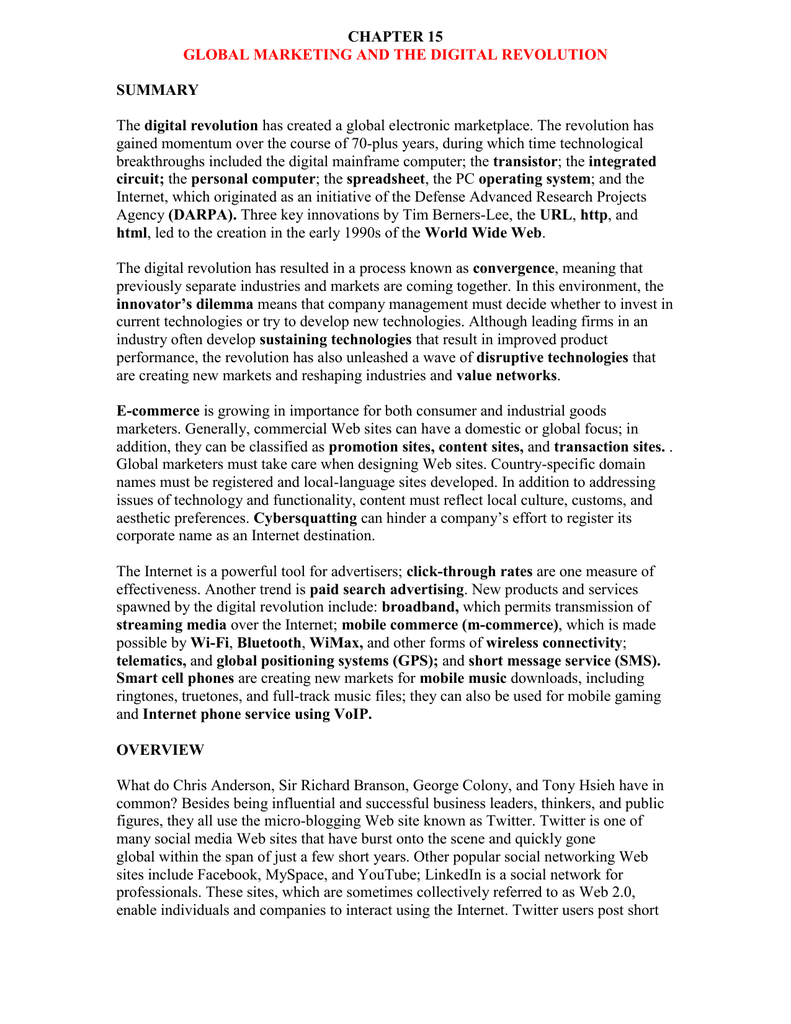Are you hoping to find 'revolutions annotated chapter outline'? You will find all of the details here.
Table of contents
- Revolutions annotated chapter outline in 2021
- Apush chapter 4 notes quizlet
- Amsco apush chapter outlines
- Apush chapter 4 outline
- Download annotated outline word template
- Apush unit outlines
- Annotated outline for reports approach
- Chapter 6 apush notes the constitution and the new republic
Revolutions annotated chapter outline in 2021
 This image demonstrates revolutions annotated chapter outline.
This image demonstrates revolutions annotated chapter outline.
Apush chapter 4 notes quizlet
 This picture representes Apush chapter 4 notes quizlet.
This picture representes Apush chapter 4 notes quizlet.
Amsco apush chapter outlines
 This image representes Amsco apush chapter outlines.
This image representes Amsco apush chapter outlines.
Apush chapter 4 outline
 This image illustrates Apush chapter 4 outline.
This image illustrates Apush chapter 4 outline.
Download annotated outline word template
 This picture illustrates Download annotated outline word template.
This picture illustrates Download annotated outline word template.
Apush unit outlines
 This picture illustrates Apush unit outlines.
This picture illustrates Apush unit outlines.
Annotated outline for reports approach
 This image shows Annotated outline for reports approach.
This image shows Annotated outline for reports approach.
Chapter 6 apush notes the constitution and the new republic
 This image shows Chapter 6 apush notes the constitution and the new republic.
This image shows Chapter 6 apush notes the constitution and the new republic.
What were the major political upheavals in the 1730s?
4. ATLANTIC REVOLUTIONS: GLOBAL CONTEXT • By 1730s the Safavid dynasty that ruled Persia (Iran) for several centuries had completely collapsed, Mughal Empire governing India frangmented, Wahhabi movement in Arabia seriously threatened the Ottoman Empire, religious ideals informed major political upheavals in Central Asia.
What was the name of the American Revolution that took place between 1775 and 17?
7. NORTH AMERICAN REVOLUTION 1775-1787 • The struggle was launched with the DECLARATION OF INDEPENDENCE IN 1776, resulted in a military victory in 1781, and generated the FEDERAL CONSTITUTION in 1787. Joining 13 formerly separate colonies into a new nation.
What are some good resources for learning about the structure of Scientific Revolution?
The Structure of Scientific Revolutions by Thomas S. Kuhn Outline and Study Guide prepared by Professor Frank Pajares Emory University Chapter I - Introduction: A Role for History. Kuhn begins by formulating some assumptions that lay the foundation for subsequent discussion and by briefly outlining the key contentions of the book.
How does Kuhn describe the structure of Scientific Revolutions?
These shifts are what Kuhn describes as scientific revolutions—"the tradition-shattering complements to the tradition-bound activity of normal science" (6). New assumptions (paradigms/theories) require the reconstruction of prior assumptions and the reevaluation of prior facts. This is difficult and time consuming.
Last Update: Oct 2021